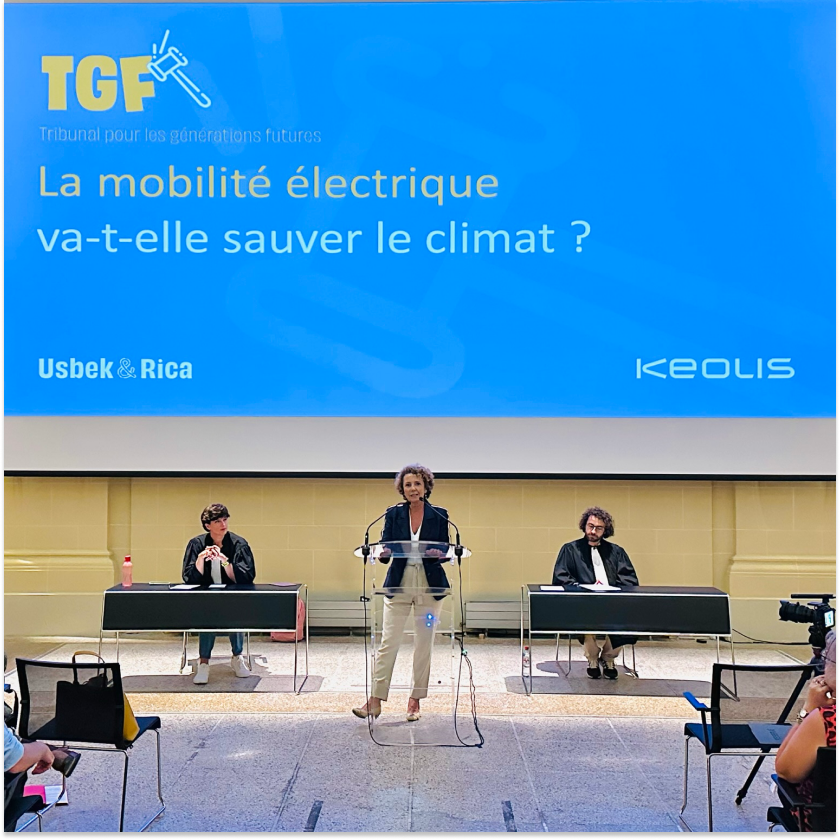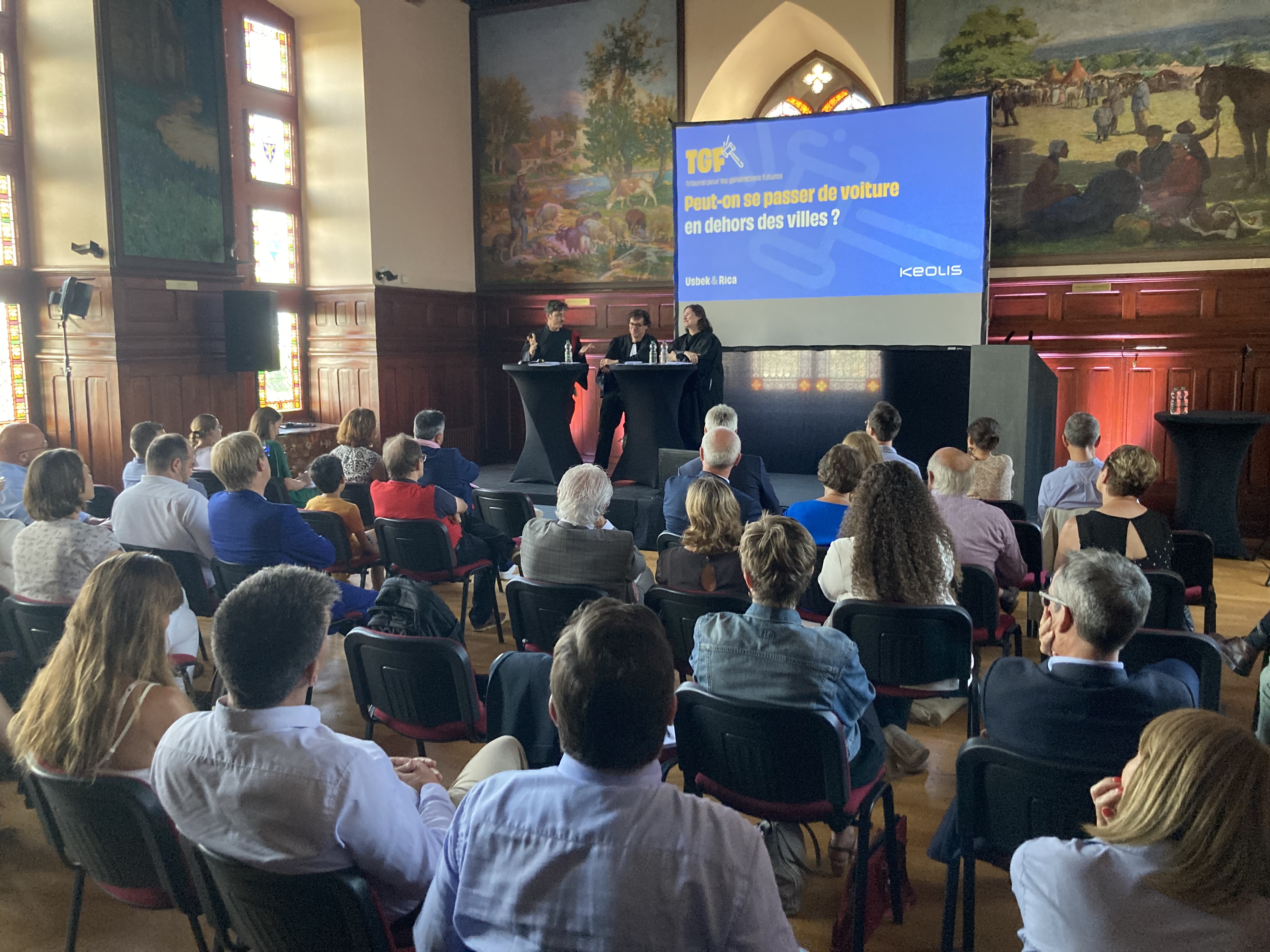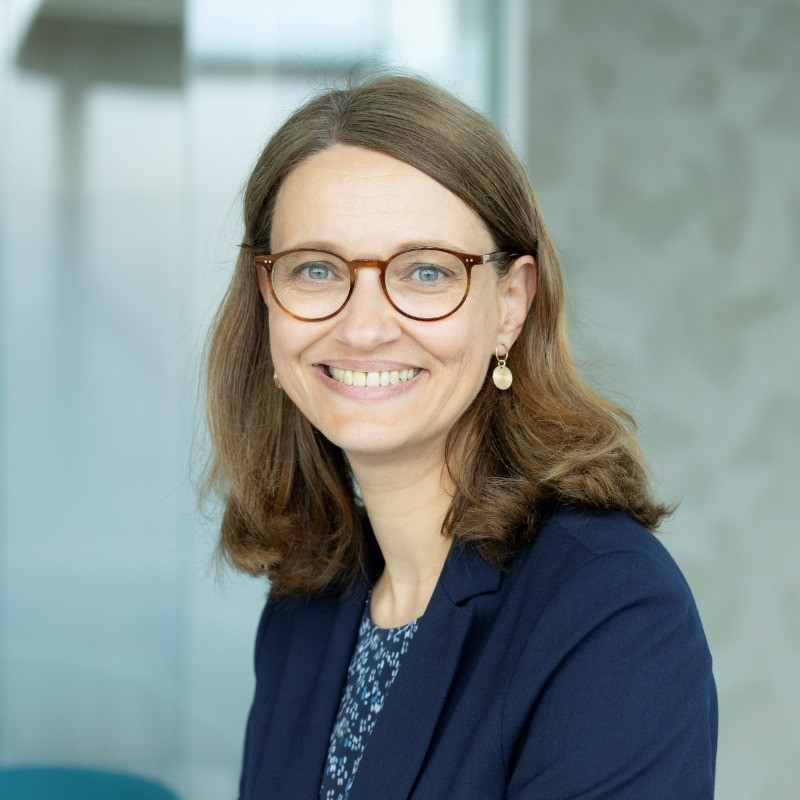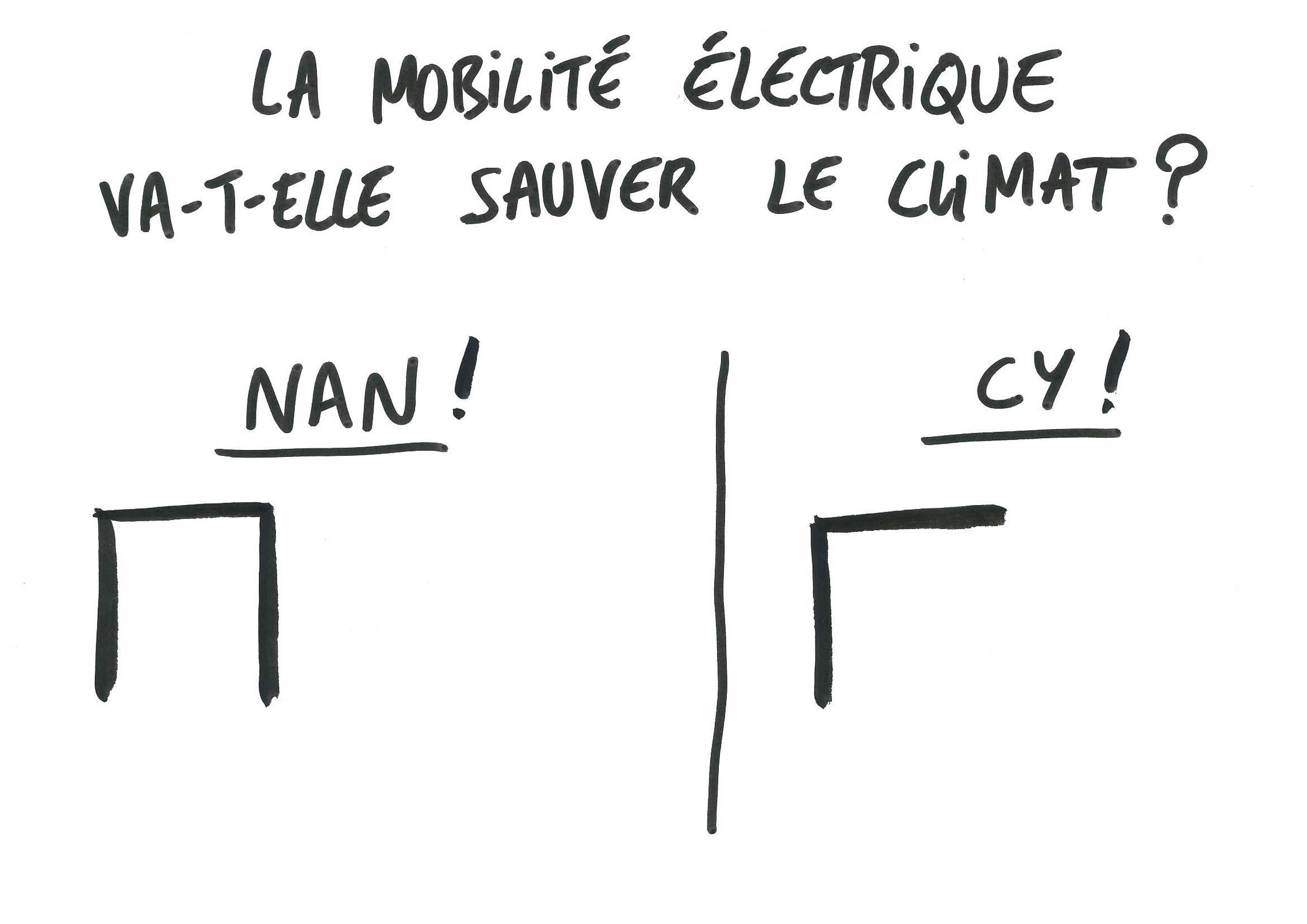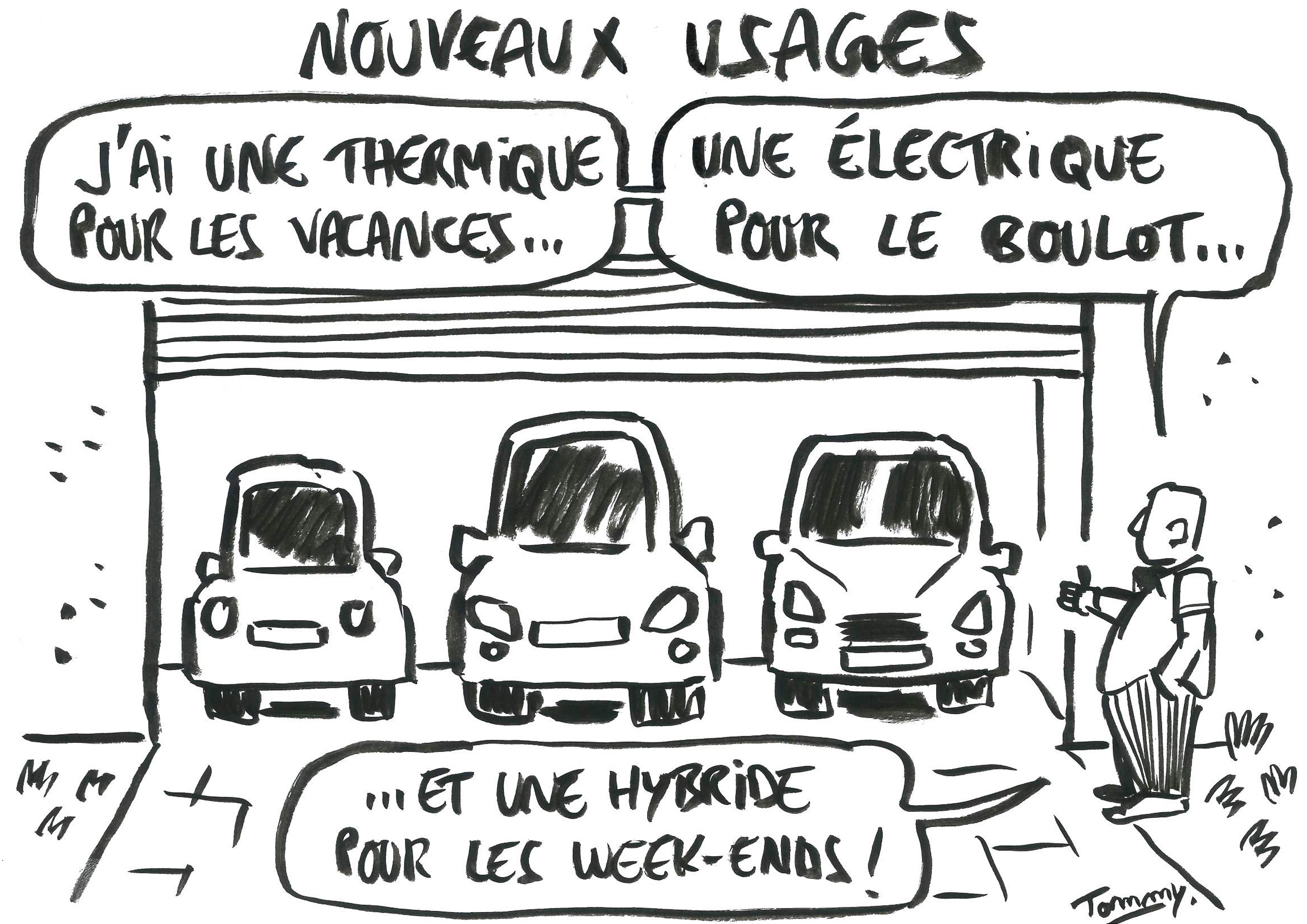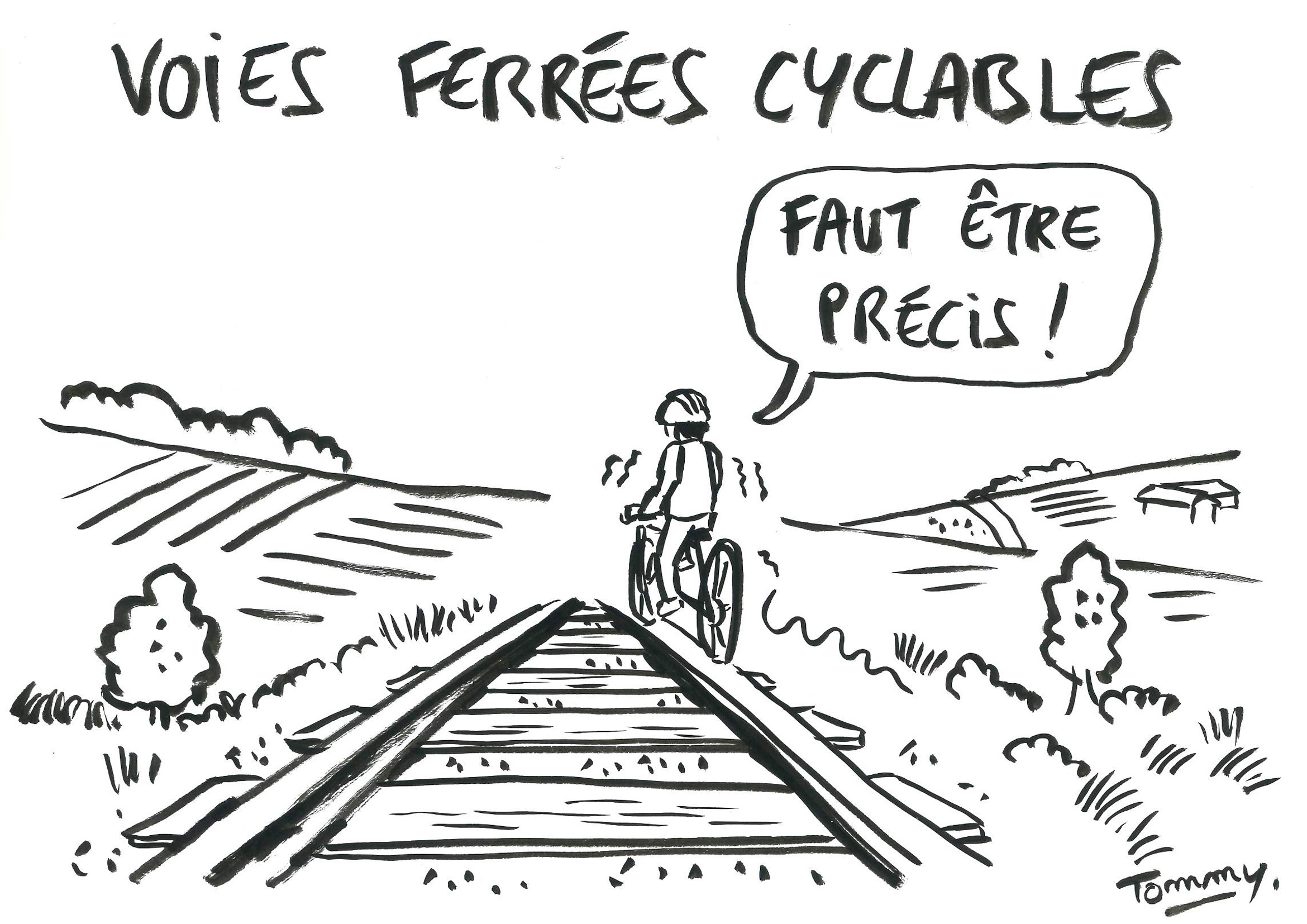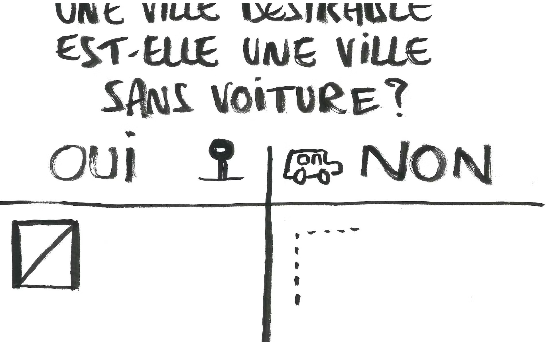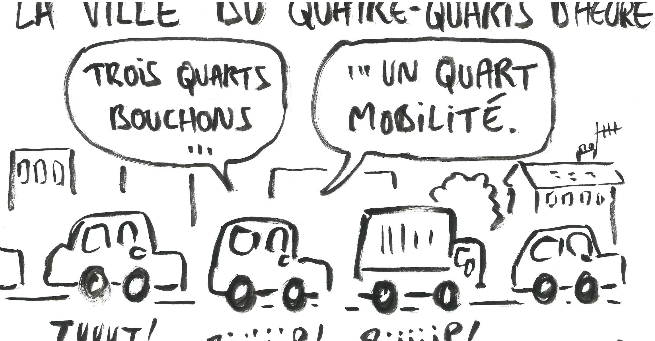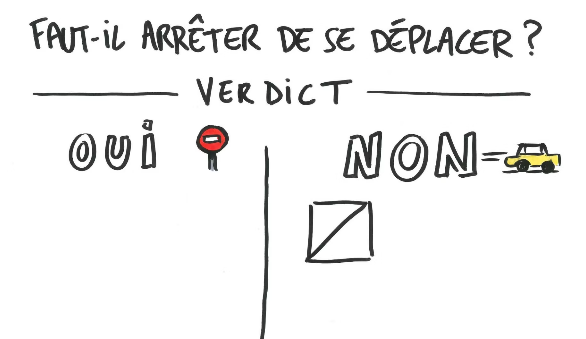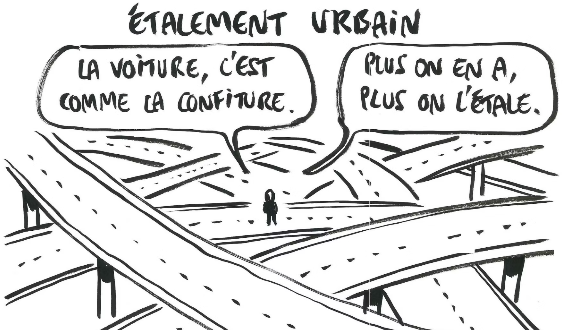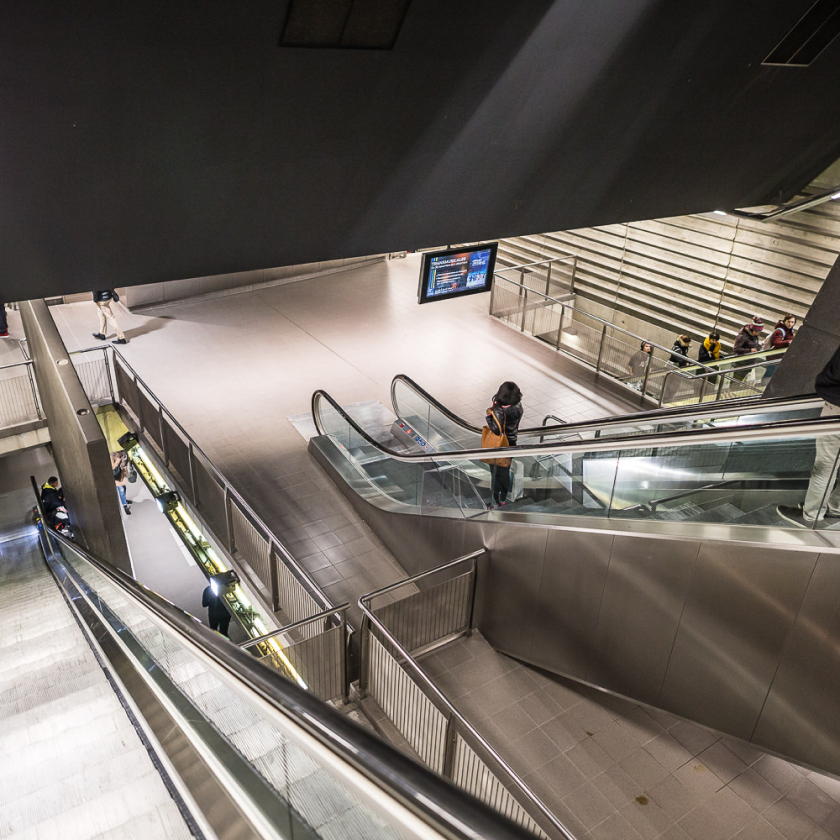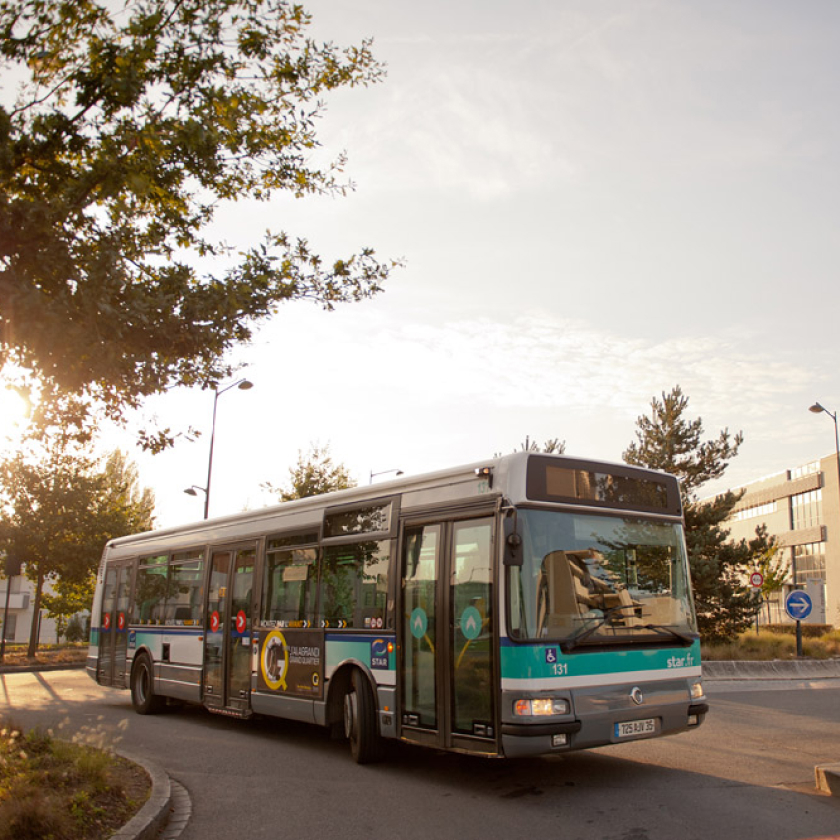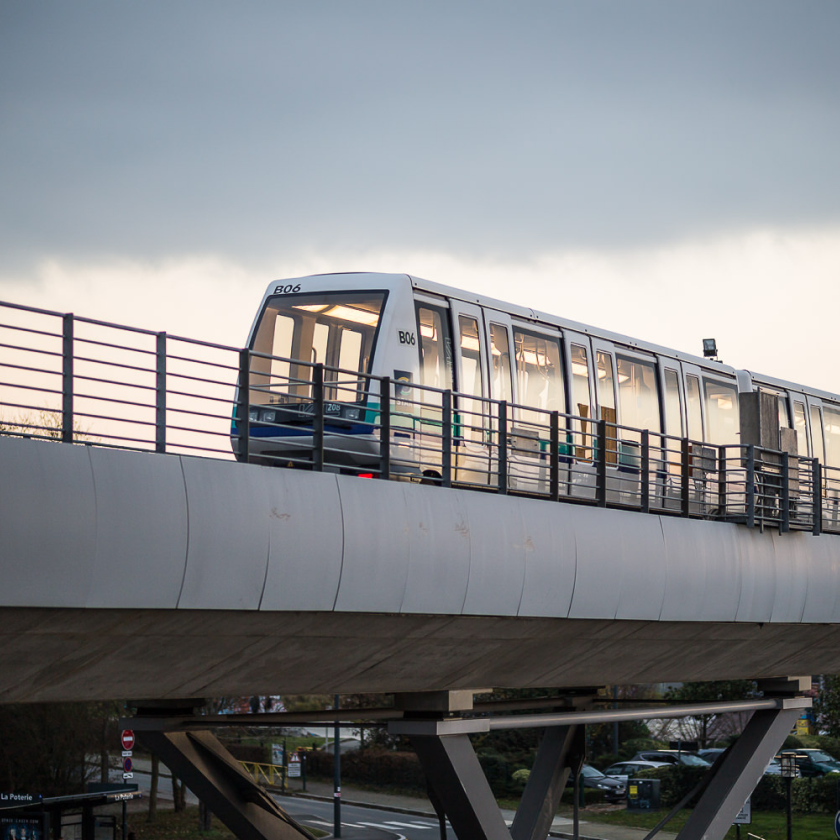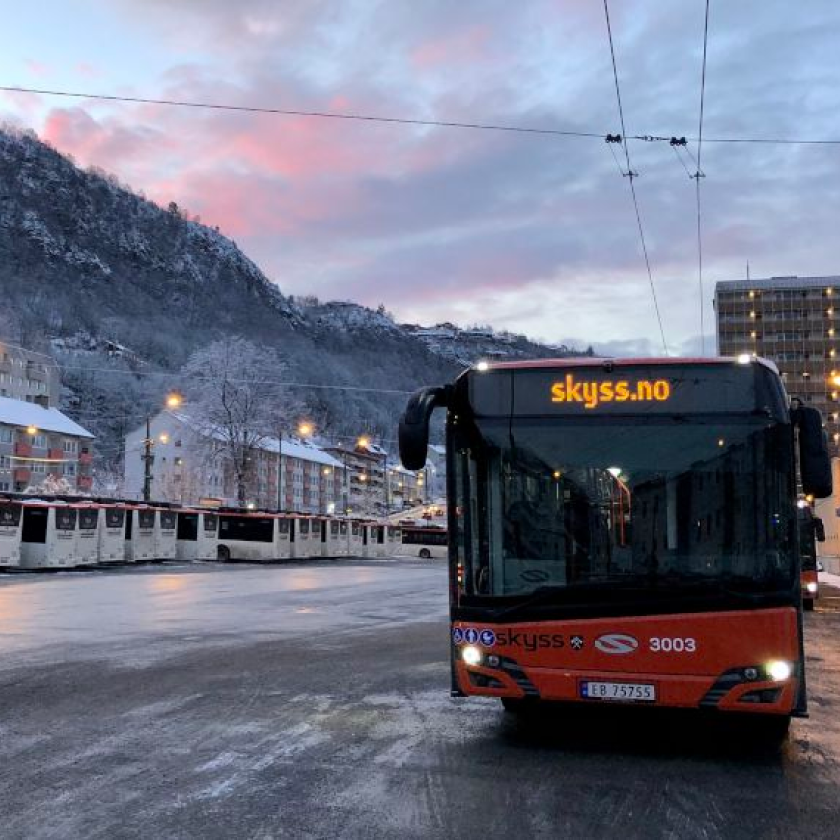Context: An initiative in line with Keolis’s approach of co-constructing innovative solutions for the mobility of today and tomorrow
Keolis pursues a prospective approach based on observing how people actually live within its regions. In fact, this approach initiated through its Keoscopie observatory and its accompanying podcast “Nos vies mobiles” (“Our mobile lives”) encouraged the group to implement a methodology for analyzing lifestyles to better understand regions and imagine the mobility of the future. Through this observatory, Keolis notably carries out numerous studies aiming to observe and measure changing lifestyles across its regions, as well as the resulting impact on uses and expectations in terms of the mobility of today and tomorrow.
